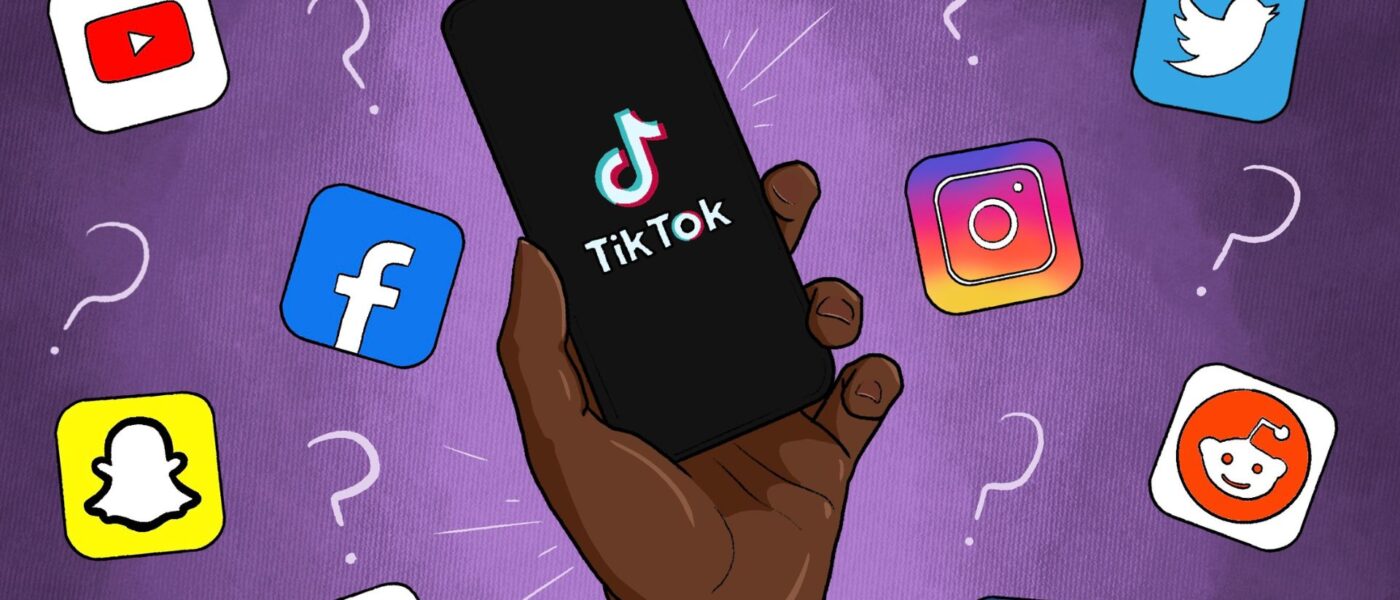Race To Ban TikTok Misses The Larger Issue—How Social Media Lacks Regulation
Ever since becoming available worldwide in September of 2017, TikTok has taken the world by storm.
With its short video and music format, it took the platform just three years to amass two billion worldwide downloads—a figure equivalent to 20 percent of the world’s population.
However, just as the app is hitting its prime, it’s being banned in nations such as India, Pakistan and Iran due to cybersecurity concerns.
This year, the witch hunt expanded to the Western world as the European Union banned governmental employees from downloading the platform on Feb. 28.
In the United States, the upheaval against the platform has triggered a congressional hearing aimed at determining whether the platform should be banned.
Meanwhile, Florida has opted to ban TikTok on government-issued devices and the on-campus Wi-Fi of institutions like Florida International University and the University of Florida.
While the war on TikTok has been framed to champion privacy rights, the condemnation of the platform misses the bigger picture of how all social media platforms need better regulation.
One of TikTok’s biggest negative talking points is the data privacy concerns associated with the platform. Given the app is owned by a Chinese company, many countries believe TikTok helps China by providing its government with vital user information.
While this is a valid concern, the only reason TikTok is receiving this level of attention is because of its association with China.
Already, we have seen how American-based platforms like Facebook have been in hot water for their recklessness with user privacy.
In 2018, the platform was embroiled in controversy after it was revealed that Cambridge Analytica—a now defunct political consulting firm—used private user information from Facebook to send targeted political ads to sway users toward right-wing political movements.
Despite backlash from the public, the platform was never threatened with a complete ban. Instead, it made changes to its privacy policies and those changes are still being debated today.
Misinformation, which is another argument used in favor of banning TikTok, is something that has also affected American social media platforms like Instagram and Facebook—both played a large role in delivering fake news during the height of the COVID-19 pandemic.
In terms of social concerns, it’s not hard to see why TikTok is seen as a menace.
The platform’s 15 to 30-second videos and endless scrolling design make it easy for users to spend multiple hours consuming content. I’m guilty of overindulging in it and Instagram Reels and YouTube Short now use similar designs.
Since taking over our culture a decade ago, we’ve seen just how social media can negatively impact our well-being and access to reliable information.
While the fight to ban TikTok may be justified, we must stop and determine how we can stop other apps like Instagram and Facebook from continuing to devour our society as well.

